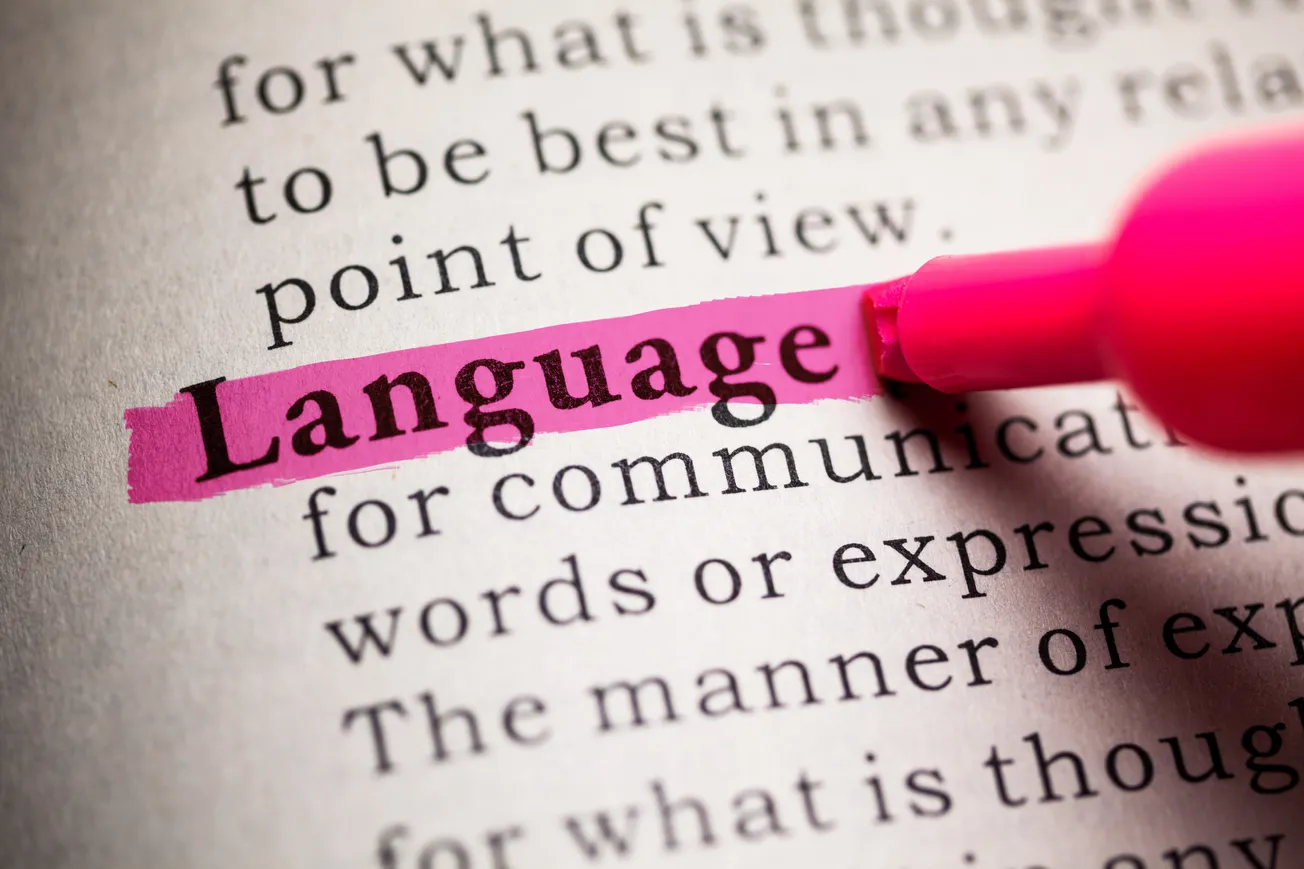Table of Contents
My son has recently taken up a job in Paris. Before he went, I encouraged him to brush up on his school French, which he had studied for four years. He duly found an online course, worked on it for a while and started to feel a bit more confident about his ability to speak. He works for an international organisation, so he wasn’t going to need it for the job, but I thought he might need it to get around – ordering at the bakery, shopping at the supermarket, going to the bank… just for the general everyday things that he would have to do to survive.
During a Zoom call last weekend, I asked him how he was going with his French. He said he didn’t need it. Everyone speaks English, and as soon as anyone gets a hint that you are not a French speaker, they speak in English. He has given up on learning the language as he says there is little point.
I can remember trips to Denmark and the Netherlands, where it seemed that everyone spoke English as well as we did. One time, in a hotel bar in Amsterdam, there were Dutch people watching an American TV programme, laughing along with all the jokes, clearly understanding every word. Even then, back in the 1980s, English was becoming the international language of the world.
Luckily, we all speak English here, and so visitors and new migrants, whether or not English is their first language, have a good chance of making their way around the country quite successfully without having too much trouble understanding what is going on.
At least, that is the way it used to be. But not anymore.
This is a clip from the TVNZ news at the weekend.
Yes, this is from the main English-speaking channel in the country. Yes, those that watch it are predominantly English speakers. And yes, it is incomprehensible. This is the state of affairs in this country now… as we speak.
What is considerably worse is that the weekend weather contained warnings of more storms and heavy rain to come early this week – something that many of us will be well aware of by now. This type of reporting is nothing short of criminal. I wonder how many people were not aware of the terrible weather to come on Monday because of the gibberish spoken on the TVNZ weather at the weekend. This is not just pathetic virtue-signalling: it could be a matter of risks to life or damage to property. Yet our main broadcaster does not see fit to inform us in the most common language spoken in the country of the risks ahead.
I wonder what it is like for a recent immigrant to this country to hear gibberish like this? Even those of us for whom English is the first language stare at our screens in disbelief at the garbage spun out on the TV these days. It is much worse, however, for those immigrants who do not speak English as a first language. They will not have a clue as to what is going on.
And all this for 17% of the population, of which only about 3% actually speak Maori. Yes… that is 3% of 17% that might be able to understand it. That is approximately 25,000 people – just about all of whom speak English anyway.
Anyone wanting to speak Maori can go to the Maori channels. They are a good source of the language, and, unlike the English-speaking channels, they also provide subtitles. The Maori channels treat non-Maori speakers with considerably more respect than the English-speaking channels do, although neither Maori nor English speakers can really understand this current version of ‘Manglish’.
Many of you will say: don’t watch it. Don’t encourage them. I understand this point of view, but I am torn between wanting to see their ratings tank and needing to know what is going on in our country. We need to know what the powers-that-be are doing. How can we fight it if we do not know about it?
I know that some will say that my attitude is racist, but it isn’t. I have no problem with anyone who wants to speak Maori, just as I have no problem with anyone who wants to speak English. Thing is, this language being spoken on the airwaves is neither Maori nor English. It is an extremely localised version of Pidgin, and essentially, no one really understands it.
I advised my son to brush up on his French because it is a matter of manners to speak to people in their own language. I thought he would get a lot further with French people if he at least tried to converse with them in French. And, apart from everything else, that is what it all comes down to. Manners.
It is extremely rude of TVNZ to treat its viewers like this.
As with everything, most people will not complain, but most of us see it as damaging and divisive. We speak English in this country. Kindly have the good grace to treat us with the respect we deserve.
After all, if even the French all speak English nowadays, that is a sure sign that English is the language of the future. We all know this. What a pity that New Zealand is heading down the disastrous road of losing the language that is essential for all of us to get on in the modern world. But there was never a more backwards-looking Government than the one we have now. Don’t you agree?






